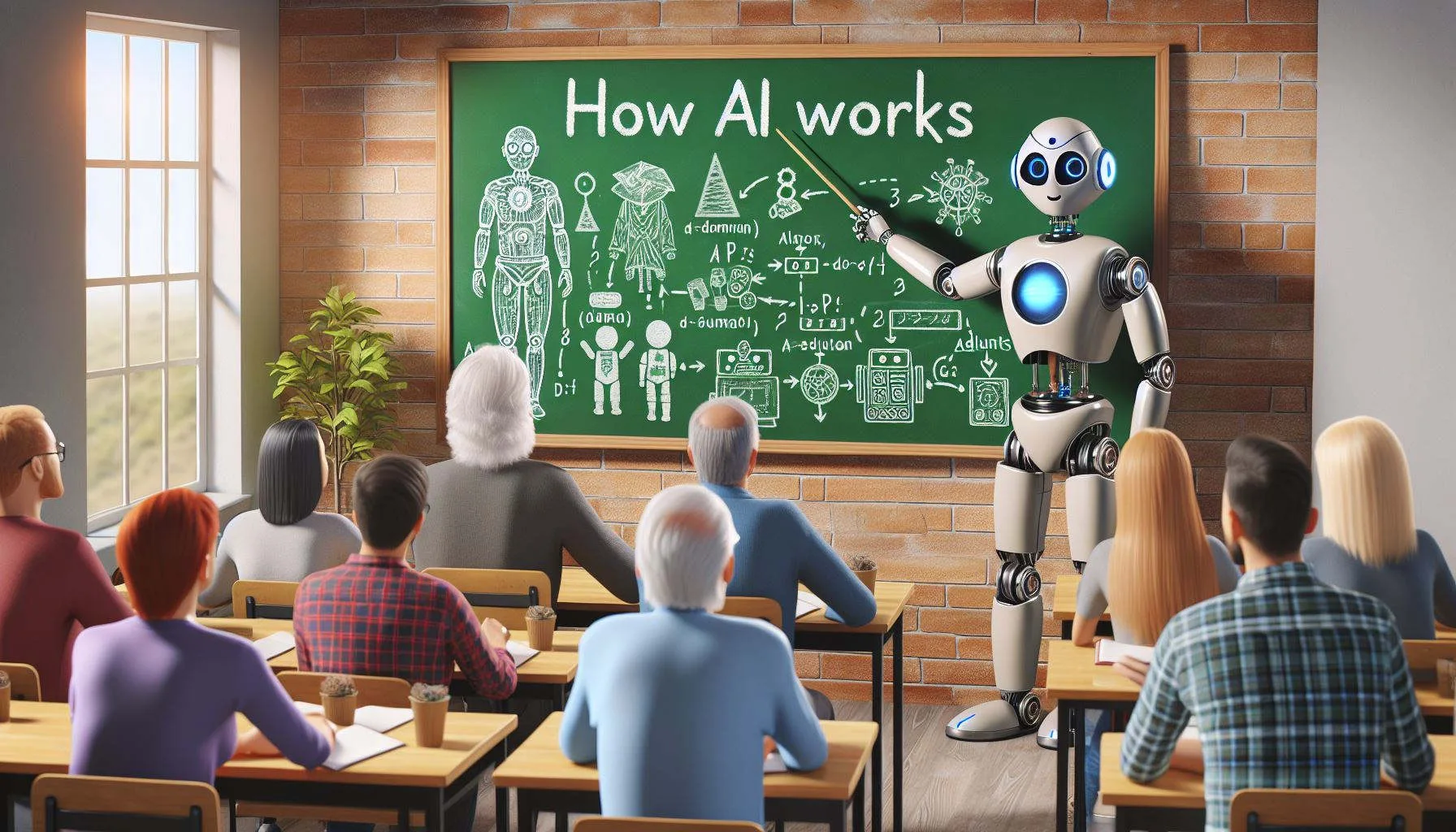
“Emerging markets will leapfrog some more mature markets through rapid digitisation”

Embracing new technology will help emerging countries overtake their more mature counterparts. That’s the empowering message that comes from today’s “Future of work” interviewee, Carmen Vicelich.
Carmen can rightly be described as an “entrepreneurial powerhouse”. Most people would take things easy after creating one global phenomenon – Valocity, winner of the Fintech Scale Up of the Year Award 2022 at the India Fintech Awards – but she went on to build a second in Data Insight. Plus GenerateZero, a sustainability platform to measure, manage, and reduce your carbon emissions.
Extracting meaning from data is at the heart of all three companies, so we were curious to find out Carmen’s view of the future of work. And how she, a proud New Zealander, got to be where she is today.
What was your first role in tech and what is your current role today?
Prior to taking on entrepreneurship, I worked for a large global corporate for ten years. I currently have four business, which create customer-centric, purpose-driven solutions through technology and data to make the world a better place.
Who are some people in tech you find inspiring, and why?

Rod Drury [founder of Xero] inspires me with what he has achieved, scaling his accounting software around the world while still living in New Zealand. Rod proves that businesses can scale regardless of the location of their founder.
I’ve also always been inspired by Steve Jobs and the Apple story. It is so incredibly innovative, and to this day remains the best example (in my opinion) of a company delivering human centered design and seamless experiences using tech and data.
Which tech skills will be in most demand over the next 12 months? And ten years?
I think there will be a strong demand for tech engineering skills to support the migration from legacy to cloud technology as organisations move all their infrastructure to the cloud. Another skill that will continue to be sought after is the ability to turn data into insights to answer the so-what questions. Data analysis that can be commercialised will continue to be in hot demand.
What jobs do you think AI might replace?
In the short term, I think AI will make many people more efficient in their roles and we can already see this with the emergence of ChatGPT. In the longer term I certainly believe that majority of the more repetitive jobs that don’t require creativity, like copyright for example, will be replaced by AI along with any automation functions.
Which areas of society do you think will be more impacted by technology?
The impact of technology will be most profound in emerging markets where society is shifting from being largely manual to leapfrogging some of the more mature markets through rapid digitisation. The adoption of technology for these markets is much higher and so this is where I think it will make the biggest difference.
Areas that I really hope are impacted are the health sector and medical science. Especially when we think about cancer and preventative medicine, the evolution of genetics and understanding and knowing the benefits that that can bring.
What fields of work or industries do you think will accelerate because of technology?
One industry that we have already seen accelerate because of technology is banking. For example, the adoption of mobile banking means you can carry out daily banking activities even if you are nowhere near a bank branch. The ability to have online banking, transact, trade and exchange via our phones regardless of location has transformed the world, particularly for the unbanked population.
India is evidence of this where Valocity (one of my fintech businesses) works extensively to help the unbanked get a mortgage through a very reliable, digital valuation. This means that the bank can say yes to a loan faster, which is very exciting and absolutely game changing.
Is there any science fiction story that, in your view, successfully predicts the future?
I think the Minority Report was incredible, predicting so many advances that have become a reality for us today including self-driving cars, facial and eye recognition, homes with voice control, multi-touch interfaces and video calls – that’s pretty amazing.
It shows how influential Minority Report was, that it’s not the first time it’s mentioned in this series… just read our interview with Colin Fraser from Nevis Capital.
More “Future of Work” interviews… and get involved!
Our thanks to Carmen for taking the time to share her thoughts on the future of business. For more predictions, read on:
- Philip Ross, author, futurist and CEO of Ungroup and Cordless Group: “The office of 2033 will become a more social, healthier, more sentient, elastic, digital, personalised, shared and purposeful space”
- Duena Blomstrom, author and CEO of PeopleNotTech. “Jobs of the future? Chief Psychological Safety Officers will be in, bureaucrats will be out.”
- Fazilat Damani, Chief Experience Officer at Design for Good. “AI won’t completely replace jobs, but rather evolve them.”
- Jimmy Lee, technologist and CEO of Nirovision. “The work each individual carries out will evolve to use AI copilots, but I’m hopeful that this makes the work even more productive, creative and gratifying!”
- Tony Hallett, MD of Collective Content. “The part of society most impacted by technology will be the world’s middle classes.”
If you have something to say about the Future of Work, please email us at [email protected].
Read next: How the world of work will look in 2030 by futurist Nicole Kobie
NEXT UP

Ben Parker, CEO of eflow Global: “There’s growing concern about market abuse perpetrated as a result of AI-driven trading”
We interview Ben Parker, CEO of eflow – one of the world’s leading RegTech providers – where he recently led a Series A funding round of £7 million.

Cisco-led consortium wants to help you retrain after AI takes your job
Cisco is working with Google, IBM, Intel, Microsoft and others to evaluate job roles at risk due to AI – and wants to help affected workers retrain

Chief AI Officer (CAIO) positions triple in five years
Demand for executives with AI experience is rising… but for how long?